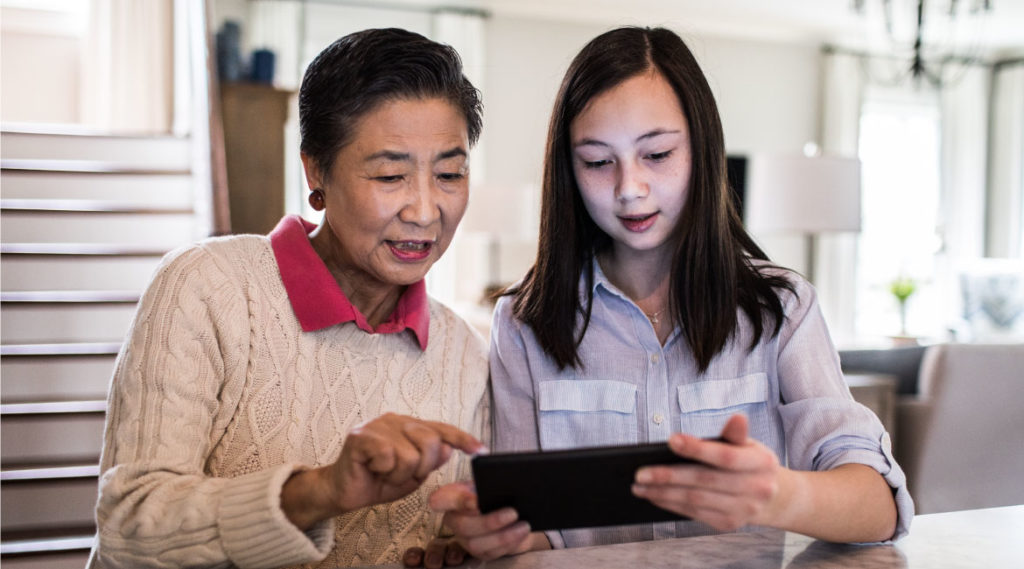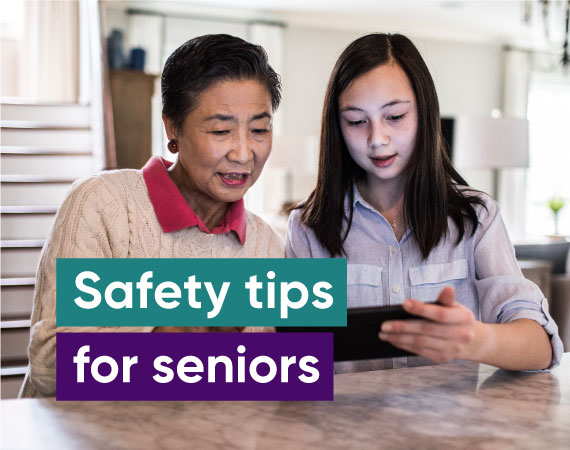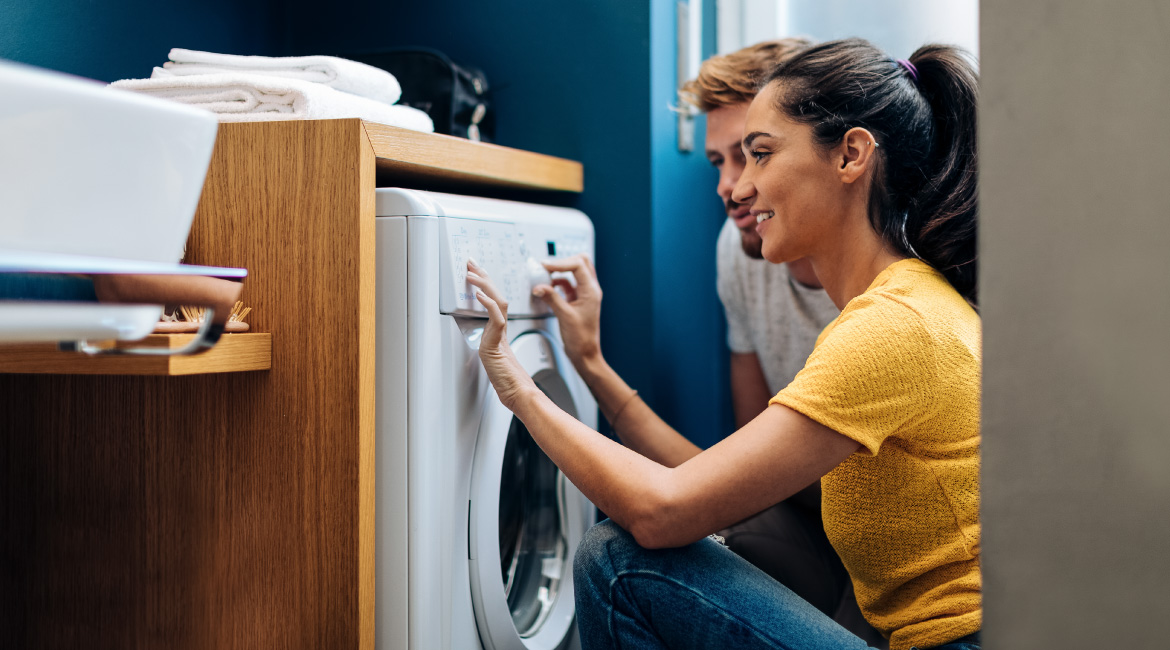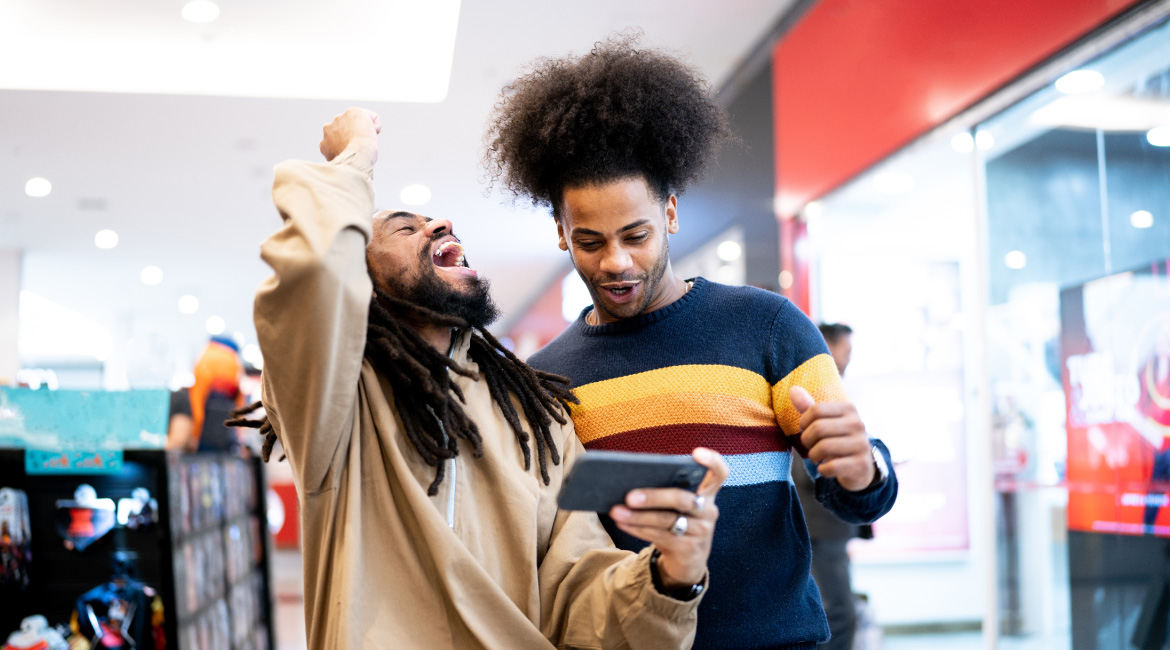
These days, we’re spending more time than ever online. We’re handing over credit card details to streaming platforms, staying connected to family and friends, buying (yet another) jigsaw puzzle at our fave online store, and getting WhatsApp messages about earning cash from home with a link to find out more.
Hang on a tic. Stop. Do not click that link (or any link that comes from a person or number you don’t recognise).
Sounds like it might be a good time for a quick refresher on online safety.
1. Don’t click that link!
If you receive a link via text, Facebook or WhatsApp from a number you don’t recognize, don’t click it, especially if there’s a sense of urgency around it. You could be unknowingly downloading malware software onto your phone or tablet, which can collect your personal information. Our advice? Just delete it. Read up on protecting yourself from online scams here.
2. Create strong passwords
The strongest passwords are at least eight characters long and contain a combination of upper and lowercase letters, numbers, and at least one special character, like !, @ or #. Rather than writing down your passwords, store them in a reputable password manager app like LastPass or Keeper Security.
3. Set up two-step verification
Also known as two-factor authentication or 2FA, this is a great way to keep your online accounts secure – particularly those that have your credit card details – if your password falls into the wrong hands. Typically, after you enter a password, you then need to enter a second code that’s either emailed or texted to your device. It might take a little longer for you to login, but it adds an extra level of security.
4. Set up a passcode for your devices
A PIN makes it difficult for others to access, particularly if you lose or misplace your phone or tablet. It’s easy to set up a passcode in the Settings menu.
5. Update your software and operating systems…
Make sure your software and operating systems are all up-to-date across your devices. They keep your data safe, and are pretty good at detecting dodgy links and malicious software.
6. … and your privacy settings too.
Social media platforms like Instagram, Facebook, and LinkedIn allow you to customise who’s able to see your posts and access your information, like ‘Only friends’ or ‘Everyone’ (as in e-v-e-r-y-o-n-e). Make sure these are all on settings you’re comfortable with.
7. Be careful about what you’re sharing
Be wary about what you post online. Once you share a comment, message, or picture, it’s pretty much there for good, so avoid sharing anything that might upset others, or inadvertently give away personal details about yourself, your friends, or your family. Never give out personal info or credit card details to people over the phone either, unless you’ve called them.
8. Ask for help!
If you’re having trouble updating your software or changing your security settings, ask a computer-savvy family member for a hand. Might be a nice opportunity for a cuppa tea and a chat too.
Paying too much on your home internet? You might need a new plan. Find out how we can help.





